Behind the ‘Benadryl Challenge’ and Why It’s Harmful
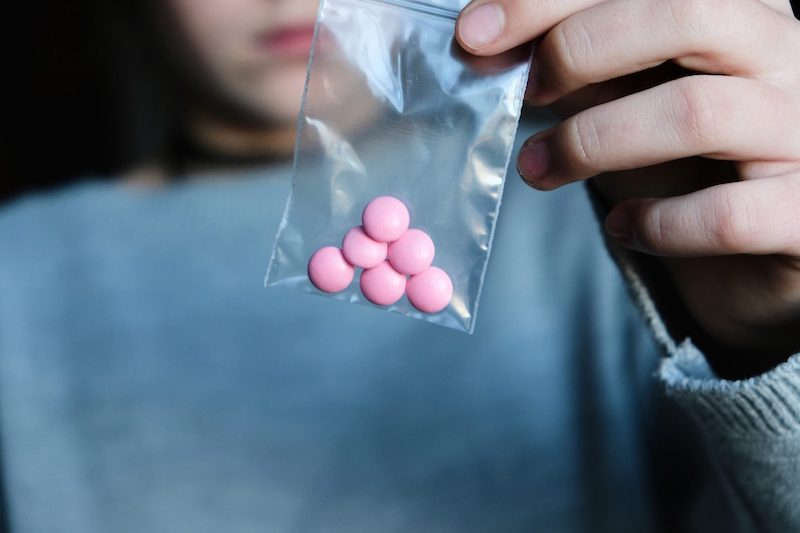
October 05, 2020
Teenagers are no strangers to taking on challenges. However, there is a challenge that’s sweeping across social media networks, and has the potential to be deadly. The “Benadryl Challenge” has been made popular on TikTok, urging viewers to take large doses – in some cases as much as 10 times the normal dose – of the drug diphenhydramine (Benadryl) in order to give the user hallucinations or a “trip”.
We talked to Frank Cunningham, M.D., director of the Pediatric Emergency Department at JFK University Medical Center to learn why the “Benadryl Challenge” is so harmful and things you can do as a caregiver to help.
Dr. Cunningham says that diphenhydramine, known more commonly by the brand name Benadryl, is an antihistamine and is commonly used in the treatment of allergies. The dose of Benadryl that kids are taking to hallucinate is very close to the dose that could be life-threatening.
What happens when you overdose on diphenhydramine?
Milder cases of overdose can cause:
- Sleepiness
- Dry mouth
- Constipation
- Inability to pass urine
More severe cases can lead to:
- Hallucinations
- Seizures
- Delirium
- Psychosis
- Coma
- Death
If you or someone you know has taken too much diphenhydramine (or combined it with other medications to make it more potent), it is essential to seek medical care right away by calling 911 or the N.J. Poison Control Center to get medical attention IMMEDIATELY.
Can you die from the Benadryl Challenge?
YES! There have been several reports of kids ending up in the hospital and even dying as a result of the overdose, according to the U.S. Food and Drug Administration (FDA) which issued a strong public warning on the matter.
“Taking higher than recommended doses of the common over-the-counter (OTC) allergy medicine diphenhydramine (Benadryl) can lead to serious heart problems, seizures, coma or even death,” said the FDA in the warning.
“A purposeful overdose of this drug can cause all of these life-threatening conditions, even in otherwise healthy young adults,” says Dr. Cunningham. “It’s important to know that this challenge is dangerous – period.”
What can parents and caregivers do to help?
There are a few things you can do as the adult in the house to help prevent an overdose from diphenhydramine and all other drugs that may be in your home.
- Lock up all prescription and over-the-counter medications in a location that’s out of sight.
- Read all labels to be sure of the ingredients and proper dosing.
- Talk to your kids about these challenges and how they may affect them.
- Check-in about your child’s social media usage. What are they seeing? Do you have access to their profiles?
Next Steps & Resources:
- Meet our clinical contributor: Frank Cunningham, M.D.
- To make an appointment with a doctor near you, call 800-822-8905.
The material provided through HealthU is intended to be used as general information only and should not replace the advice of your physician. Always consult your physician for individual care.
Find a doctor near me
Unsure it's a Concussion? Here Are 5 Signs You Should Seek Care for Your Child
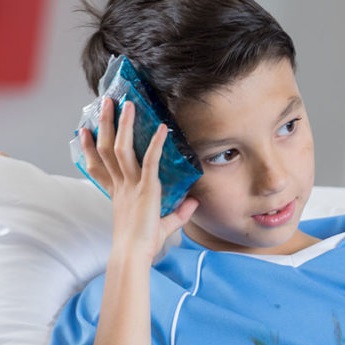
It’s not always easy to know if someone has a concussion. Movies and pop culture sometimes portray the scene much more dramatically than what happens in real life.
Puberty Body Odor and Sex When to Have the Talk

Puberty, Body Odor & Sex: Guide for Parents. Dr. Al-Husayni offers advice on talking to kids about puberty. Support your child's development. Call 800-822-8905.
Find a doctor near me
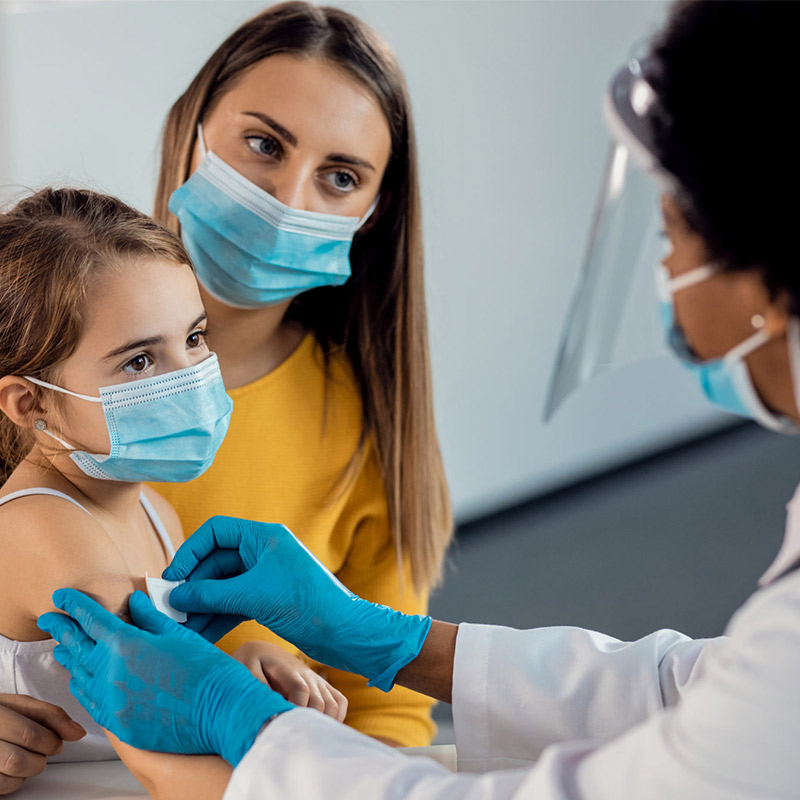
COVID Vaccine and Children: What to Know
Here's everything parents need to know about the COVID vaccine.
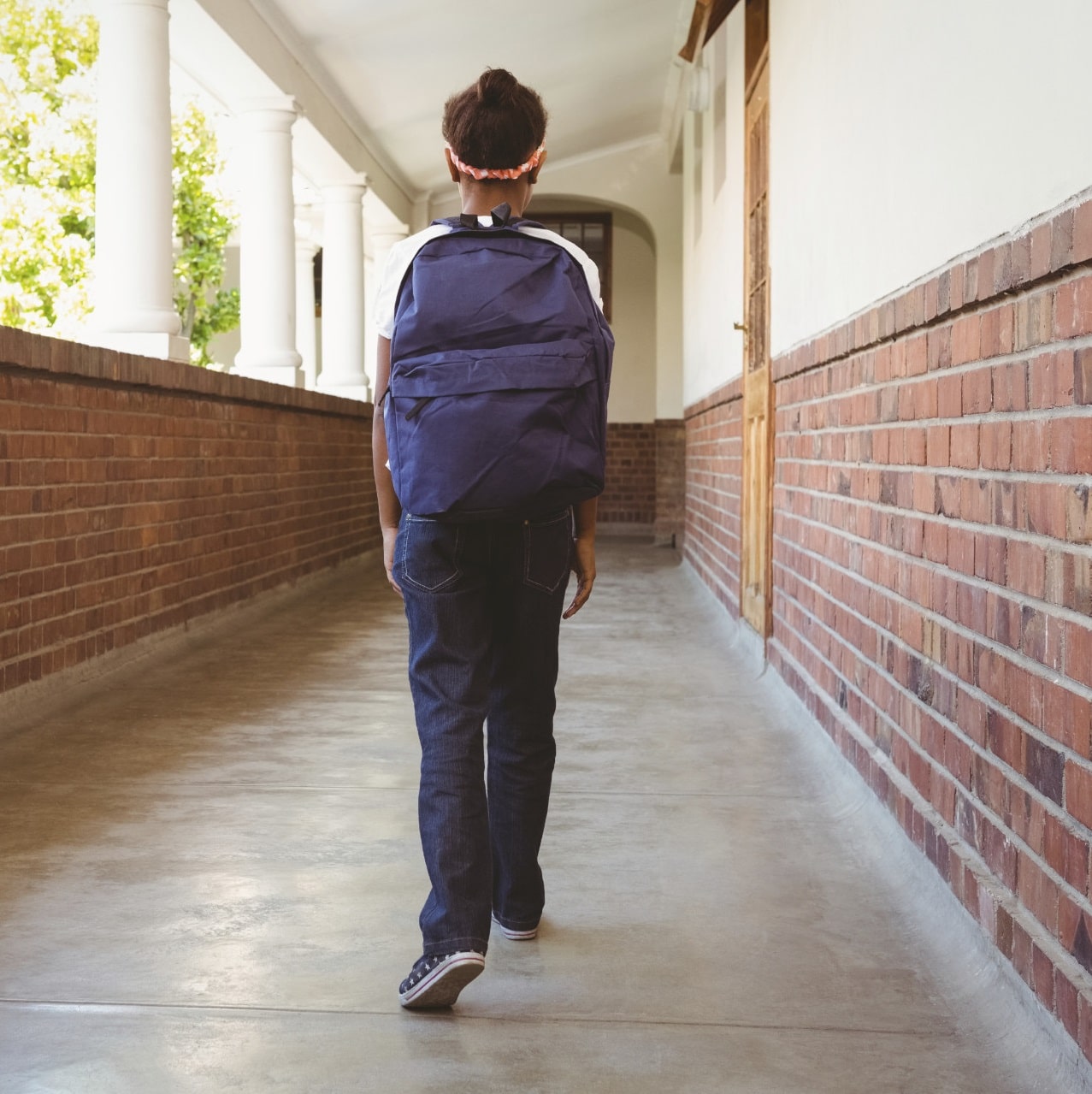
When Your Child’s Grades Drop
Child's grades dropping? Learn how Drs. Miller and Biller offer support and guidance to help your child. Call 800-822-8905.
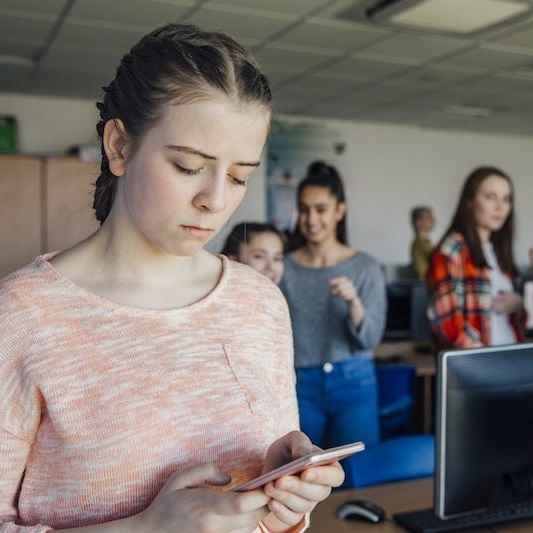
What Are the Effects of Cyberbullying?
Understand cyberbullying effects on kids. Learn how Dr. Alcera helps families cope. Get support and resources now.
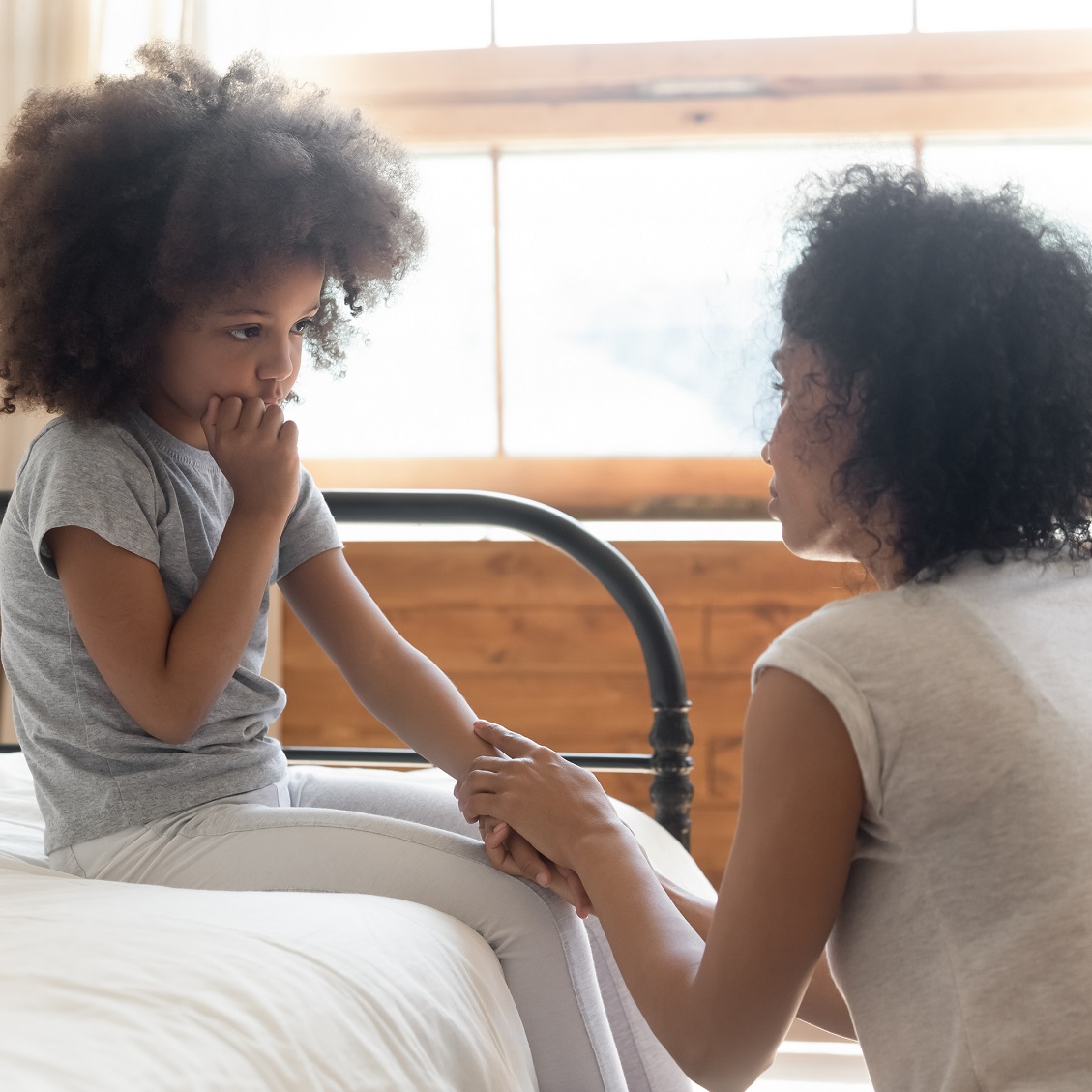
How to Help Kids Cope With Traumatic Events
Help kids cope with trauma. Learn expert advice from Dr. Kaczka-Weiss at Jersey Shore University Medical Center. Get support and resources now.
